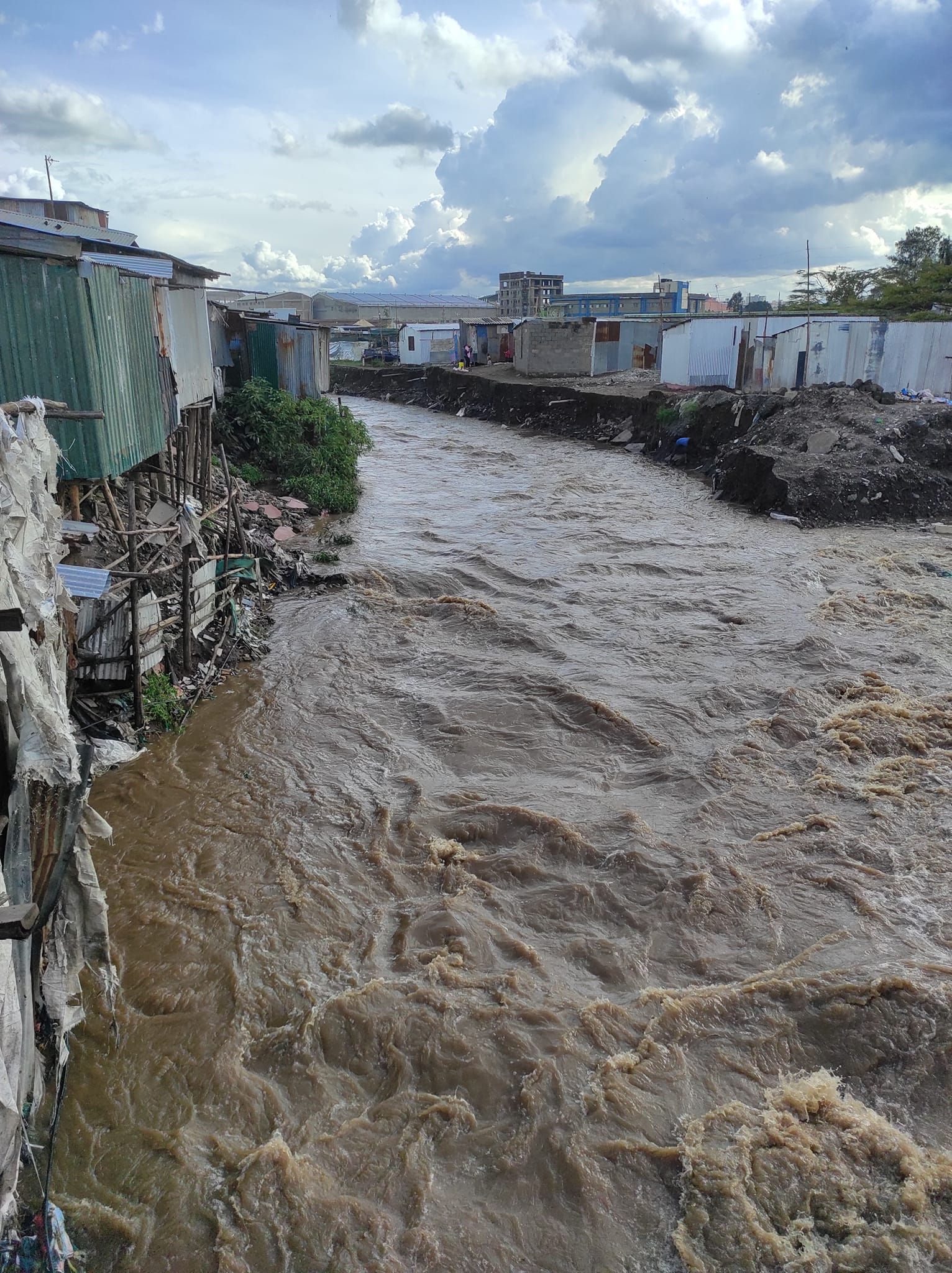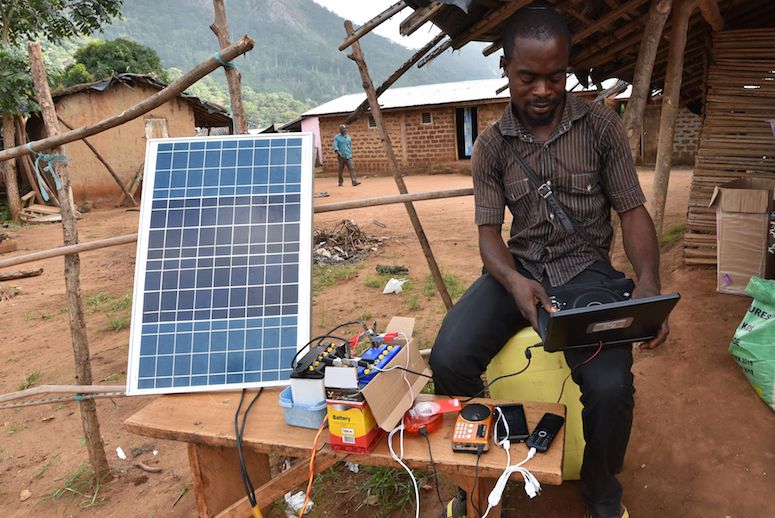FALSE: Photo does not show the drought situation in Embolioi, Kajiado County, in October 2022
FAKE: This list of 63 nominated and appointed Kenyan ambassadors and high commissioners is fabricated
The State House and the Public Service Commission have termed the list as fake.

This list, supposedly of 63 Kenyans nominated and appointed ambassadors and high commissioners, is FAKE.
The communication dated 9 June 2023, is purportedly signed by Chief of Staff and Head of Public Service Commission Felix Koskei.
“HIS EXCELLENCY THE PRESIDENT has on this ninth day of June 2023 caused nominations and appointments of the senior ranks of the public service for persons to serve the nation as Ambassadors, Commissioners, and Permanent Representatives in Kenya’s Embassies/High Commissions/Missions abroad,” part of the press release reads.
Some of the people on the list include media personality Linda Ogutu, retired Kenyan footballer Macdonald Mariga, Tujibebe Party leader William Kabogo, and former Nairobi Governor Mike Sonko.
We checked the official sources such as the Public Service Commission (PSC) website, Twitter account, and Facebook page to authenticate the legitimacy of the list. However, we found no evidence of such a list.
Besides, State House spokesperson Hussein Mohammed, who typically shares presidential or PSC appointments on social media, did not share the list. No credible media outlet has reported on this issue.
PesaCheck contacted PSC head of Corporate Communications Browne Kutswa, who denounced the list as fake.
“The only person who is authorised to make such appointments is the President. That is a fake list. When the President appoints ambassadors he appoints directly,” Kutswa said by phone.
We also contacted State House Director of Public Communications Wanjohi Githae, who noted that the list is “fake”.
Another State House communications department official, Gerald Bitok, also flagged the list as fake.
“The general public is hereby notified that the document doing rounds on supposed Presidential diplomatic appointments is fake,” Bitok posted on Twitter.
Additionally, two individuals mentioned on the list, Mike Sonko and Linda Ogutu, have stated that the list is fake, as seen here and here.
According to Article 132 (2) (e) of the Kenyan constitution, the President nominates and, with the approval of the National Assembly, appoints high commissioners, ambassadors, and diplomatic or consular representatives.
The constitution specifies that these appointees serve a four-year term unless terminated. After the expiry of their term, the President may choose to either replace them or reappoint them.
The most recent appointment of 24 new ambassadors and high commissioners was on 22 April 2022, meaning their term will end on April 22, 2026.
We have in the past debunked a similar list.
PesaCheck has looked into a list, purportedly of 63 nominated and appointed ambassadors and high commissioners on social media, and found it to be FAKE.
This post is part of an ongoing series of PesaCheck fact-checks examining content marked as potential misinformation on Facebook and other social media platforms.
By partnering with Facebook and similar social media platforms, third-party fact-checking organisations like PesaCheck are helping to sort fact from fiction. We do this by giving the public deeper insight and context to posts they see in their social media feeds.
Have you spotted what you think is fake or false information on Facebook? Here’s how you can report. And, here’s more information on PesaCheck’s methodology for fact-checking questionable content.
This fact-check was written by PesaCheck fact-checker Naomi Wanjiku and edited by PesaCheck senior copy editor Cédrick Irakoze and acting chief copy editor Francis Mwaniki.
The article was approved for publication by PesaCheck managing editor Doreen Wainainah.
PesaCheck is East Africa’s first public finance fact-checking initiative. It was co-founded by Catherine Gicheru and Justin Arenstein and is being incubated by the continent’s largest civic technology and data journalism accelerator: Code for Africa. It seeks to help the public separate fact from fiction in public pronouncements about the numbers that shape our world, with a special emphasis on pronouncements about public finances that shape the government’s delivery of Sustainable Development Goals (SDG) public services, such as healthcare, rural development and access to water/sanitation. PesaCheck also tests the accuracy of media reportage. To find out more about the project, visitpesacheck.org.
PesaCheck is an initiative of Code for Africa, through its innovateAFRICA fund, with support from Deutsche Welle Akademie, in partnership with a coalition of local African media and other civic watchdog organisations.






